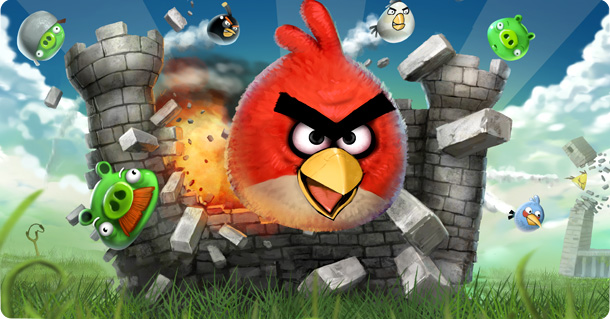Android's Biggest Worry: Fragmentation


So what could go wrong? The iPhone wipes it off the map? I don't think so. Don't get me wrong, the iPhone is a great phone. But, you'll never see new, inexpensive iPhones. Apple's preferred place in the market is to be the Porsche of computers: they don't sell cheap anything. Windows Phone 7? It's better than ever, but that's not saying much. Blackberry? Symbian? MeeGo? Too little, dead in the water, and not fast enough off the mark. No, what Android has to worry about isn't the competition, it's concerns are its friends.
You see, all the original equipment manufacturers (OEMs), like Motorola and HTC put their own software, Sense UI and Motoblur respectively, on top of Android. Then, all the carriers add their own special-sauce of applications.
It can get messy. On top of this, there's multiple current versions of Android out and supported at any given moment on the same hardware. While Dan Morrill, Google's Open Source & Compatibility Program Manager, can say Android "Fragmentation is a bogeyman, a red herring, a story you tell to frighten junior developers," it's not. It's a real problem.
Ask any independent software vendor (ISV) if they want to program for multiple versions of the same operating system and they'll tell you “Hell no!” Better still, do what Tech N' Marketing did and ask Peter Vesterbacka, one of Rovio's founders and an Angry Bird developer. Vesterbacka said, “Android is growing, but it’s also growing complexity at the same time. Device fragmentation not the issue, but rather the fragmentation of the ecosystem. So many different shops, so many different models. The carriers messing with the experience again. Open but not really open, a very Google-centric ecosystem.”
If the makers of the number one mobile game in the world are concerned, it's a real concern. It's not just a scary story for baby programmers.
I still think Android will be number one, but this makes me worry. I recall the pre-IBM PCs days when vendors like DEC, Osborne, and KayPro made PCs that were based on the CP/M-80 operating system. In theory, you could use one CP/M program on any CP/M micro-computer. In practice, it was almost impossible.
We're no-where near that kind of situation with Android. But, then I recall that at the time no one saw all those dozens of CP/M-computer companies being swept away by Bill Gates' buying Tim Paterson's CP/M clone, labeling it 86-DOS, and then selling it to IBM to 'create' Microsoft's first operating system, PC-DOS. If Google doesn't do a better job of keeping all the OEM and carrier developers on the same page, I could see “vanilla” Android being replaced by a more standardized version. I really, really don't want to see even a remote chance of that happening.